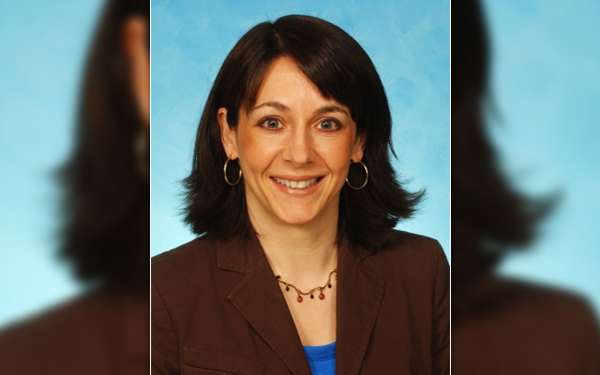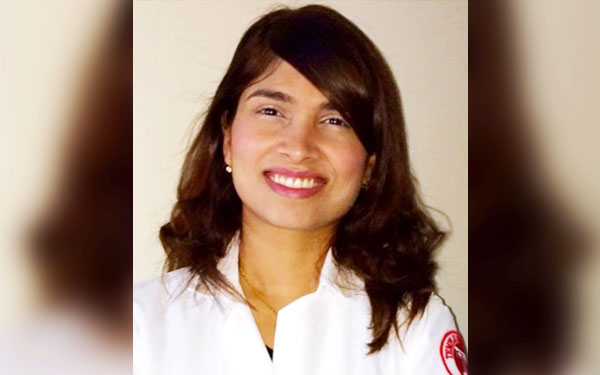Taraneh Soleymani, MD , an American Board of Obesity Medicine (ABOM) Diplomate, answers questions regarding the importance of an obesity medicine physician.
What unique skill set can the obesity medicine physician bring to the bariatric surgical setting?
In 2013 the American Medical Association recognized obesity as a disease. To effectively treat this chronic condition, the approach has to be comprehensive (diet, physical activity, behavior change, medications, bariatric surgery), evidence based, and maintained long term. Bariatric surgery is an effective tool for treatment of obesity. To optimize weight loss with bariatric surgery and achieve long-term weight loss maintenance, the individual’s lifestyle must change pre-operatively and be maintained long term post-operatively. Lifestyle modification takes time to implement and requires long-term accountability and reinforcement. The obesity medicine physician has in-depth knowledge of implementing lifestyle modification and can provide bariatric surgery patients with the appropriate diet plan, physical activity prescription, and counseling for behavior change. Furthermore they can provide the long-term support needed for long term success.
What impact can the obesity medicine physician have on patient outcomes?
The percent weight loss achieved with bariatric surgery exceeds lifestyle modification and medication alone. However, obesity is a chronic disease which means bariatric surgery patients will face weight management challenges long-term post-operatively. These include weight loss plateau, weight regain, return of hunger, food intolerance, and nutrient deficiencies among others. These challenges will have an impact on patients’ long-term weight loss maintenance success and health outcomes. The obesity medicine physicians are knowledgeable in managing these challenges. Not only can they assess and treat co-morbid conditions associated with obesity, they also identify barriers to maintaining healthy lifestyle modification and create personalized solutions to overcome them. Part of personalized solution is the use of weight loss medications. The obesity medicine physician has extensive knowledge and experience in utilizing these medications to optimize patients’ weight loss outcomes.
Have you had the experience of working with a bariatric surgeon?
I have been fortunate to work with two incredible bariatric surgeons at my institution. At our weight management center the care of individuals with obesity is optimized because of our team-based approach and close collaboration. We regularly communicate on the care of patients who are in the bariatric surgery track. As an obesity medicine physician I assess and treat co-morbid conditions related to obesity and work with dietitians and behaviorists to optimize a patient’s readiness for bariatric surgery. In caring for my patients with obesity I make referrals to our bariatric surgeons when appropriate and vice versa. Our close collaboration has resulted in creating a more patient-friendly pre and post op diet plan, support groups, and transformed clinic operations to benefit our patients.
 Dr. Taraneh Soleymani is an Assistant Professor in University of Alabama at Birmingham (UAB) Department of Nutrition Sciences, Associate Scientist in the UAB Nutrition Obesity Research Center (NORC), and Fellow of The Obesity Society. After completing her Internal Medicine residency at Seton Hall University, Newark, NJ, she completed a fellowship in clinical nutrition at UAB with a focus on obesity and inpatient nutrition in critically ill. Dr. Soleymani practices patient tailored, evidence based, and comprehensive medical management of obesity working alongside bariatric surgeons, dietitians, behaviorists and exercise trainers. She also practices inpatient nutrition at Birmingham VA Medical Center with a focus on malnutrition and parental nutrition.
Dr. Taraneh Soleymani is an Assistant Professor in University of Alabama at Birmingham (UAB) Department of Nutrition Sciences, Associate Scientist in the UAB Nutrition Obesity Research Center (NORC), and Fellow of The Obesity Society. After completing her Internal Medicine residency at Seton Hall University, Newark, NJ, she completed a fellowship in clinical nutrition at UAB with a focus on obesity and inpatient nutrition in critically ill. Dr. Soleymani practices patient tailored, evidence based, and comprehensive medical management of obesity working alongside bariatric surgeons, dietitians, behaviorists and exercise trainers. She also practices inpatient nutrition at Birmingham VA Medical Center with a focus on malnutrition and parental nutrition.
Dr. Soleymani is the Medical Director of EatRight by UAB and co-director of UAB Weight Loss Medicine where she is involved in developing protocols to ensure quality medical care and operational efficiency and overseeing strategic program developments to achieve optimized obesity care.
Dr. Soleymani is involved in several obesity related multidisciplinary and translational research projects. Her research focus is the effect of diet macro composition on management of chronic diseases related to obesity, and changes in body composition. She is passionate about educating the future healthcare professionals in obesity and its management. She is the course director for UAB School of Medicine elective titled “Obesity, Clinical Nutrition, and Food Policy”. And the course director for two clinical electives: “Clinical Management of Obesity” and “Hospital Nutrition”. Dr. Soleymani is board certified in Internal Medicine and is a Diplomate of the American Board of Obesity Medicine.






Leave A Comment
You must be logged in to post a comment.